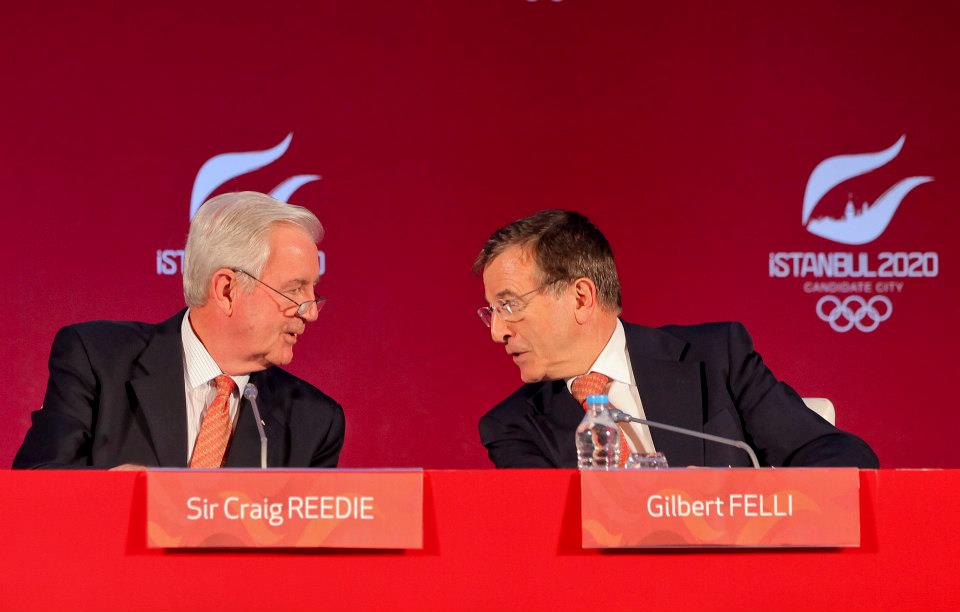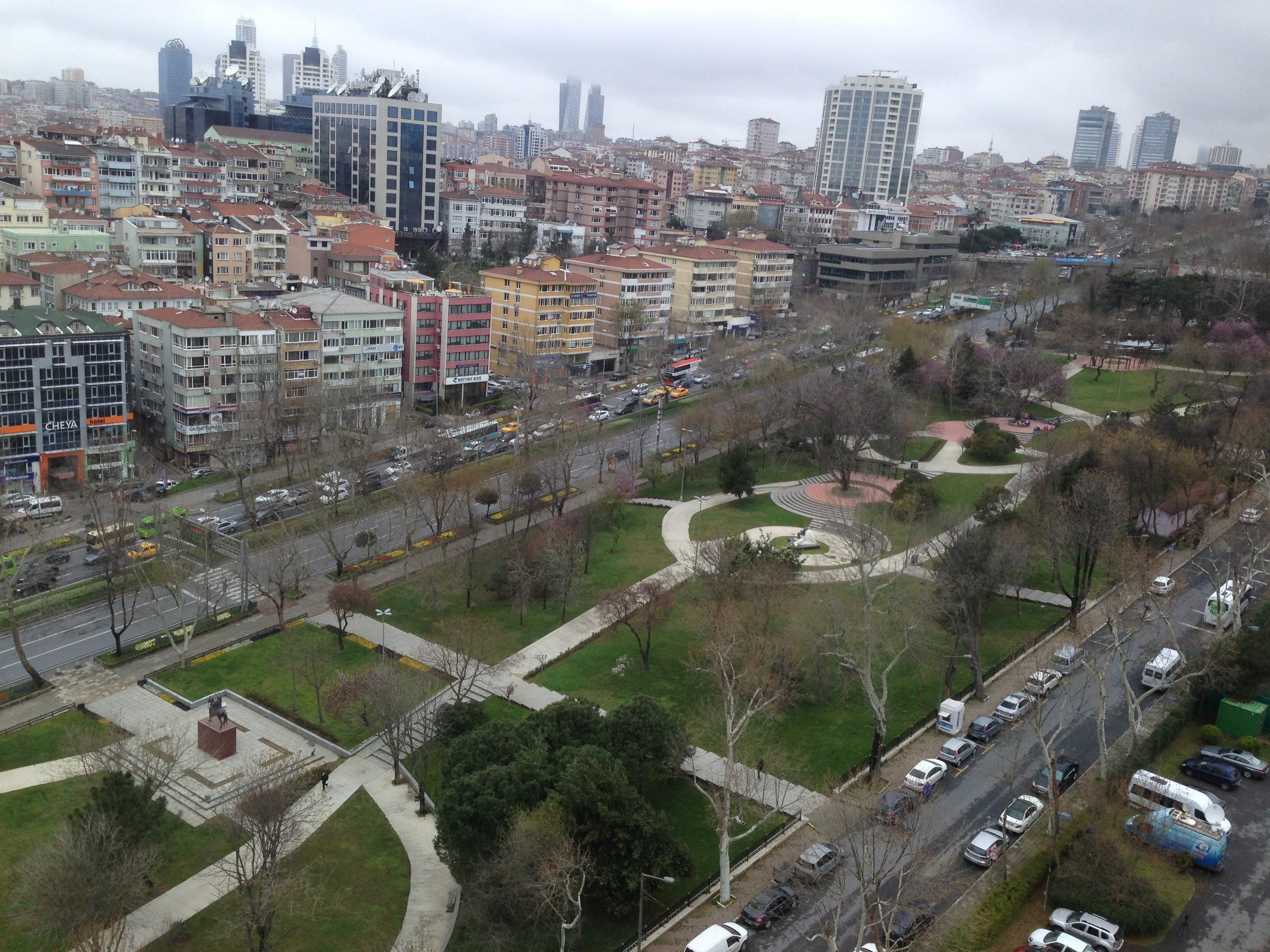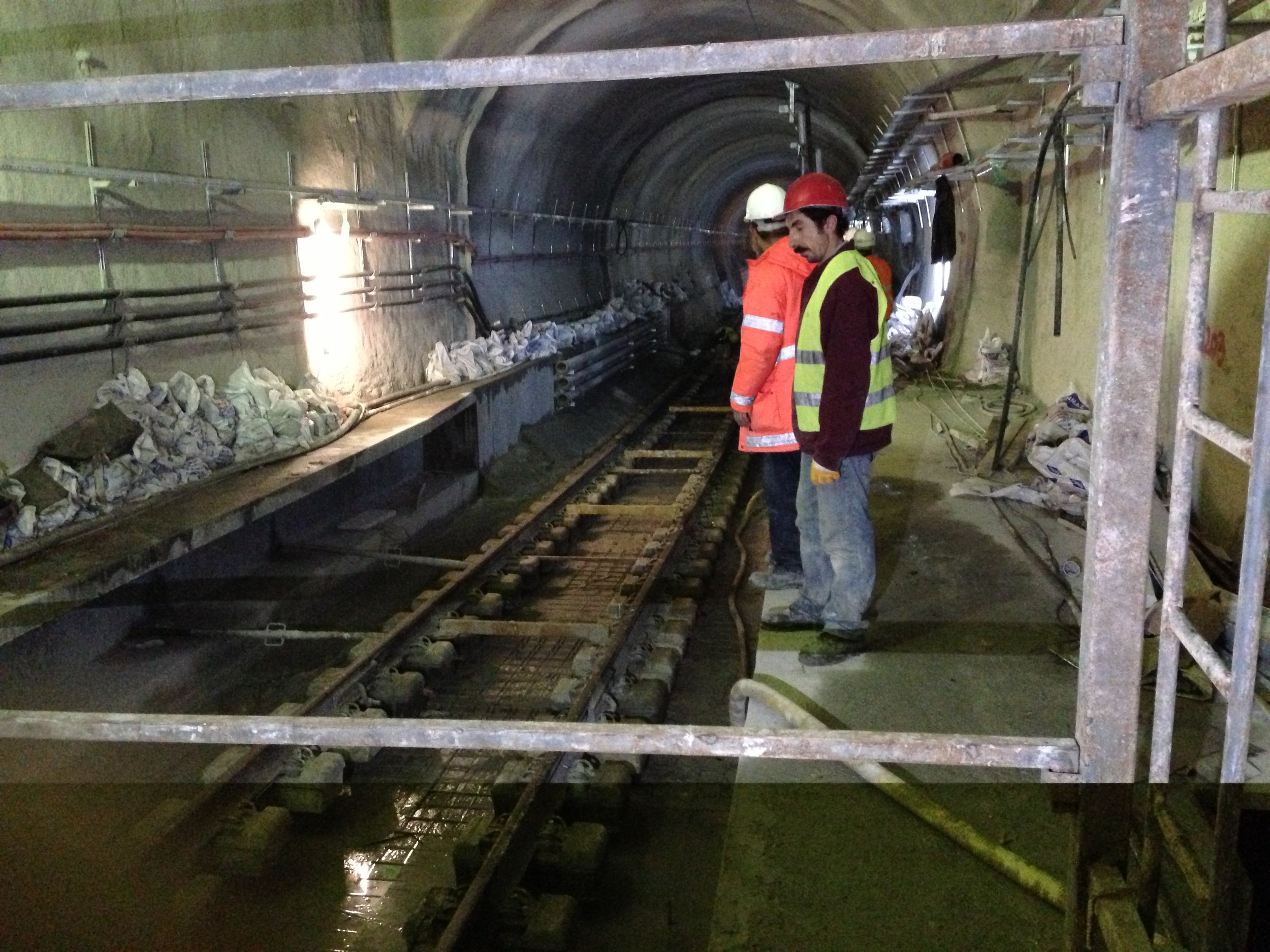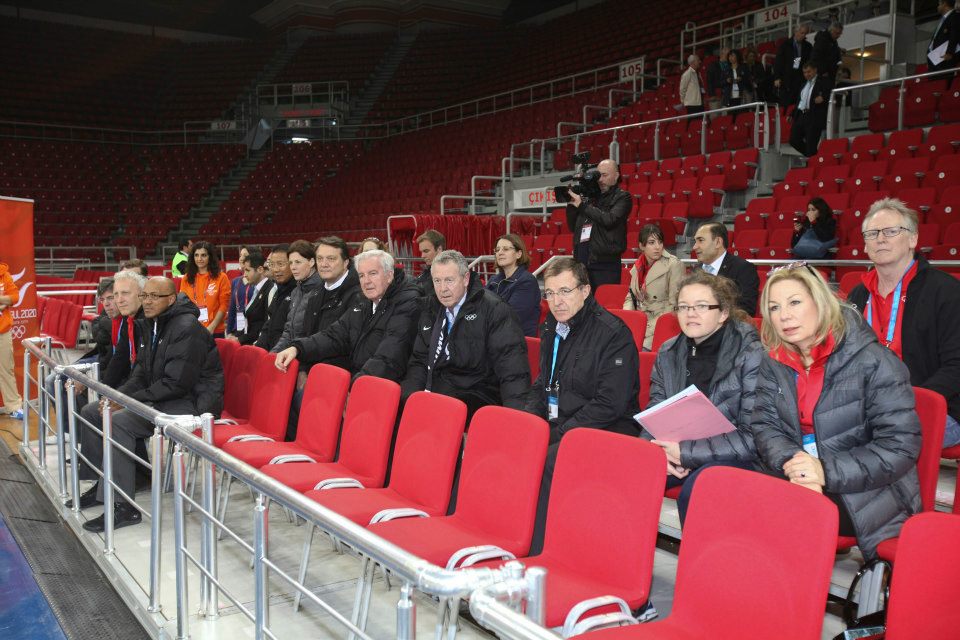SENDAI, Japan -- The anpan is the answer here to a doughnut, a roll typically filled with sweet red bean paste, and the basis of one of the most enduringly popular cartoons in Japan, especially with the 5-year-old and under set, called "Anpanman." The superhero main character -- his head is all anpan -- goes around doing justice. Sadaharu Mishina's 2-year-old loved it. "She watched it a lot," he recalls. "She was very fond of it." The earthquake that rocked Japan on March 11, 2011, hit at 2:46 in the afternoon. Mishina was at his job here in Sendai, the capital city of the Miyagi prefecture, the largest city in the Tohoku region, a city of about a million people roughly 230 miles from Tokyo. At the time, he was an assistant manager at the center-city Holiday Inn.
The earthquake registered at 9.0 on the Richter scale, one of the most monstrous of all time. It then triggered, as everyone knows, a cataclysmic tsunami. The water roared ashore roughly 40 minutes later.
The baby was in pre-school that day, as usual. His wife was at her office. Racing against time and hope, she had left as soon as the quake struck. "I first heard from my wife at 6 p.m.," Sadaharu Mishina says now. "On the way she was informed the child was caught in the tsunami.
"We couldn't do anything. There was no electricity. There was no transport. There was nothing we could do."
The earthquake and tsunami caused massive destruction and occasioned incomprehensible personal loss. Now, more than two years later, the question throughout Japan is not: is there something to be done?
It's: what is to be done?
And how does the Tokyo bid for the 2020 Summer Games, which intriguingly is a project of truly national scope, fit in to the recovery? The campaign asserts that it has an "important role to play in the process of spiritual and physical recovery." How? Why?
An Olympic bid is not -- can not be -- won on the basis of a disaster. The week after the 9/11 terror attacks, the then-mayor of Rome, Walter Veltroni, suggested all the other candidates in the race for the 2012 Summer Games bow out in favor of New York, saying, "This will show that the terrorists are defeated."
By the time the International Olympic Committee got around to voting, in 2005, London won; New York was eliminated in the second round of voting with only 16 votes.
Tokyo, Madrid and Istanbul are now the three finalists for the 2020 Summer Games. The IOC will pick the winner Sept. 7 at an all-members assembly in Buenos Aires.
Tokyo played host to the 1964 Summer Games. There was great symbolism then in that -- in Japan emerging from the destruction from World War II.
As horrific as the earthquake and tsunami were, the situation now is not the same as after the war.
This much is also clear: the Tokyo 2020 bid team is not -- repeat, not -- looking for a sympathy vote.
At the same time, what is also evident -- but what has yet to be made plain internationally -- is the extent to which sport in general and the Olympic bid in particular have played in galvanizing the response within Japan to the 3/11 disaster.
At issue for the Tokyo 2020 bid, of course, is how to tell that story over the final months of the campaign, beginning this week at the Assn. of National Olympic Committees meeting in Lausanne, Switzerland.
Telling the Japanese story has been something of a struggle for prior bids. The 2008 Osaka bid went out in the first round with just six votes. Tokyo's 2016 bid made it only as far as the second round.
The current that has thus dominated the Tokyo 2020 campaign is to find the right message, and strike the appropriate tone -- which leads back to the core question, how much does 3/11 and the response to the disaster matter in telling the story, and why?
“All Japanese have great passion in the heart, but [it's] not easy to show,” Tsunekazu Takeda, the president of the Tokyo 2020 bid and the lone Japanese member of the IOC, said at a briefing Thursday in Lausanne ahead of the ANOC meetings. “Now everybody will be trying hard in this next presentation.”
It's a delicate balance, indeed.
Because if history says a disaster can't form the basis of a winning bid, it's also the case that what is happening in Japan is unique -- and it's right there for anyone to plainly see:
When the Japanese team came home last summer from London, having won a record 38 medals, some 500,000 people lined the streets of Tokyo in welcome.
To date, the bid team has handed out 5.5 million Tokyo 2020 pins.
Last week, after the Japanese national soccer team qualified for the World Cup next year in Brazil by virtue of a 1-1 tie with Australia, the players paraded around Saitama Stadium with a banner that proclaimed, "Hang in there, Japan -- the whole sports family is together."
Takeda said in a recent interview that planning for the bid was well underway before the disaster. Then, when it happened, "We realized again that sports had such a big power."
He added, "Not to benefit just us. We thought we could bring something to the movement," explaining, "Sports can send this message. Because of this disaster, by engaging with athletes, if they persevere, if they don't give up, that kind of attitude can bring positive change to their lives. This positive change is not limited to Japan. Other people in devastated situations -- if they do the same thing, they can achieve whatever dream they have. This is the power of sports."
Eight Japanese medalists last summer in London came from the Miyagi prefecture. "Sports alone can't reconstruct," said Habu Yoshihiro, the vice principal at Miyagi Technical High School. "But sports can make Miyagi prefecture a better place."
He added, "Japan has received the blessing of the Olympic movement for some time," noting the involvement of Major League Baseball as well as FIFA in rebuilding facilities and the U.S. women's soccer team in playing an April 2012 friendly with Japan in Sendai.
"If we receive the honor of the 2020 Games, we could contribute to the Olympic movement in a unique way. It might be a bit spiritual. It would be a Games that only Japan could host."
At the makeshift headquarters of the chamber of commerce in Onagawa, northeast of Sendai, three Tokyo 2020 posters adorn the wall. Onagawa suffered arguably greater losses than anywhere along the Tohoku coast -- more than 80 percent of its buildings, 50 percent of its homes, just under 10 percent of its population of roughly 10,000 people.
The water that day surged into town about 50 feet high. Takahiro Aoyama was then the assistant director of the chamber of commerce. He survived by climbing up to the roof of the four-story building where the chamber was headquartered, then by scrambling -- with three other men -- to the top of a water tower perched on the roof. The water nipped at their heels.
"It was awful to see it come in," Aoyama, now the chamber director, said. "But when it was going out, that was terrifying. Buildings, people. It was hell."
What he also remembers, after it became clear all four of them might live, is just how cold it was that March day. And how, after the sea raged ashore, the sky shook down snow.
Two years later, Aoyama says, "Finally, we have basic infrastructure. There are a lot of challenges. But," using a sports metaphor, "we have a start line."
The local soccer club, called Cobaltore, fields teams from grade school all the way up. One of the boys and a dad were among the dead; for months, there were no practices.
Then, though, it just seemed right to start up again and, said coach Shuo Sumida, "I noticed the power of sports to transcend anything -- to inspire kids, to put a smile back on their faces."
In other places and under other circumstances, this kind of remark might be seen as so much brave talk. In Japan, now, this sort of comment is offered -- regularly -- with earnest genuineness.
"I would like to see smiles on the kids again," said Igarashi Shigeto, whose Heart Light Sendai charity group organizes soccer tournaments, workshops and other activities. This year's tourney will see two dozen kids who had to be evacuated from their homes around Fukushima, near the crippled nuclear reactor.
A United Nations-commissioned expert report issued last month, which has received comparatively little attention, concluded that levels of radiation following the leaks and explosions at the plant were so low as to be "unlikely" to cause health problems among the general public and the "vast majority of workers."
"Japan is an island country. It's our national character to be united," Shigeto said, adding that he is not alone in seeing the 2020 bid as a special project: "We like to show the joy of being Japanese."
Tomoki Kikuchi, now 21, was at judo practice in Sendai when the quake hit. He and 11 of his judo teammates -- with no place else to go -- crammed into a one-bedroom apartment for the next two nights and three days.
Now a fourth-year student at Sendai University, Kikuchi has since spent countless hours cleaning up bricks and debris at local elementary and middle schools. "When I first started," he said, "I would think, when will this end?" Now, "I realize how important it is to support each other."
A third-year student, Takamichi Hirayama, 20, is a national-level rower, in the eight-man event. His captain's sister and another teammate's sister died on 3/11. "The tragedy was so vast," he said, and it wasn't clear whether they should continue to race.
Ultimately, they decided life is for living. Their team took second recently in the Japanese nationals. "If we got 2020," he said, "it would add energy to Tohoku and the country."
Mami Sato, 31, has represented Japan at the past three editions of the Paralympics in the long jump. She lost her lower right leg to cancer when she was 19. On 3/11, her parents' house, just 200 meters from the sea in Kesennuma, was washed out. It took six days for her, down in Tokyo, to make contact with her family -- to learn that her parents had survived and her grandmother, in her 80s, had made it through, too.
"I imagined all the people in Tohoku losing their families," she said. "I remembered being in the hospital myself, how tough it was for me. Those six days were worse. But thinking of all the people who lost their families -- that's even more painful."
She added, "They're both long battles. I keep thinking of the long battles these people are enduring still."
As of April 30, 48,453 people in Miyagi prefecture alone remained in temporary housing, according to the district's own website.
Last year, Sadaharu Mishina was nominated to run with the Olympic torch in the London 2012 flame relay. His day came up last June 25. He flew all the way to England and ran with the flame for about 400 meters in a little town called Morley.
By then, he and his wife had a new baby, a boy, and he had to leave them both to take part in the relay, to fly all the way to England and then get up north to Morley. Go, she said.
"I was very, very nervous," he recalled. "I remember all the people on the side of the road. I thought that being Japanese and not anyone super-famous -- I didn't expect people to cheer me on. But I got so many cheers. I became less tense and more relaxed. The crowd support gave me more energy to run."
This, too: "There was one thing I decided before I got there. The first step I took was for my daughter. The second step was on behalf of Tohoku."







